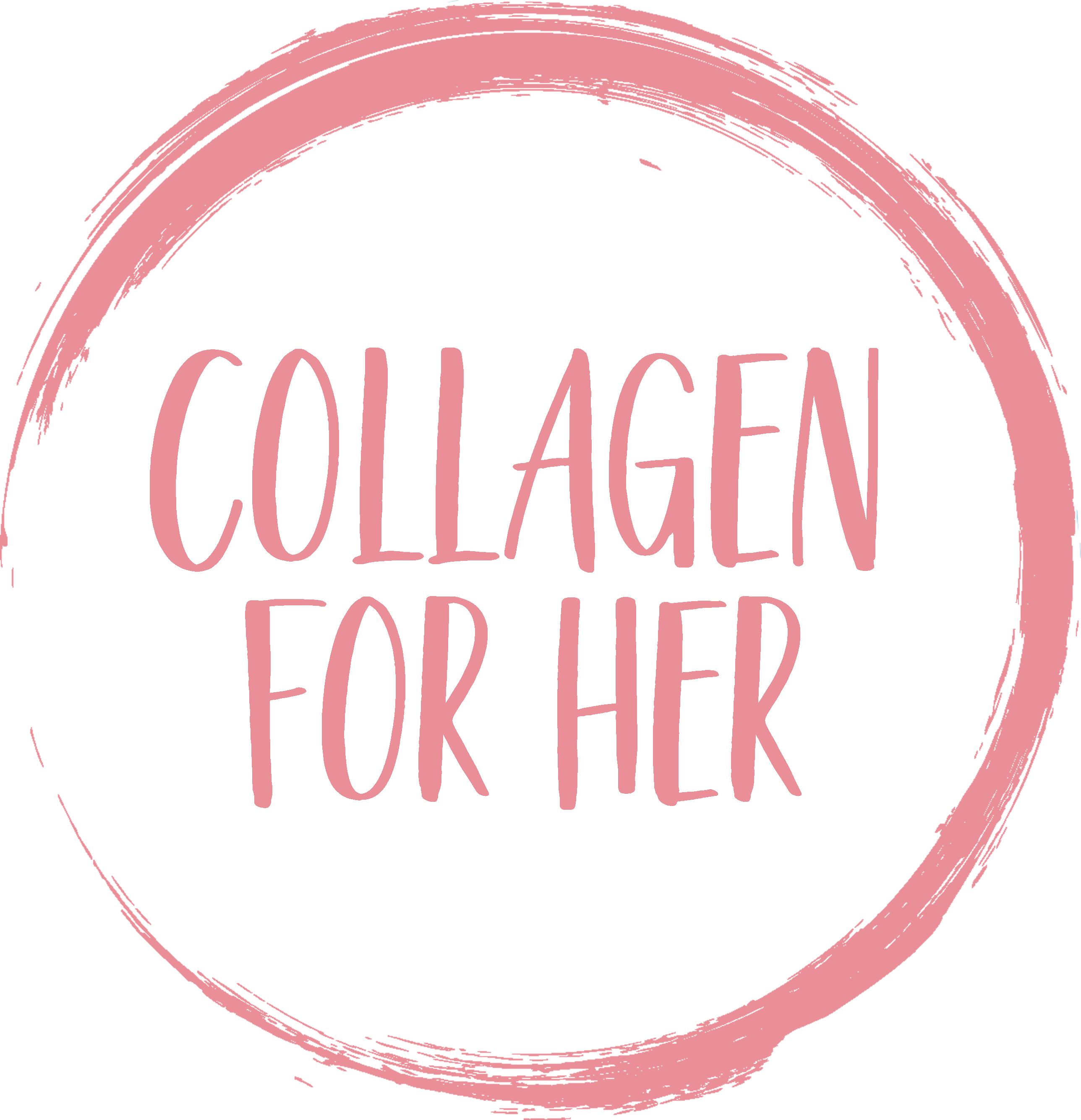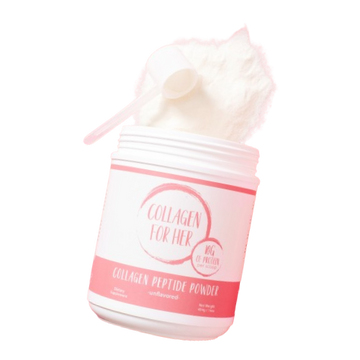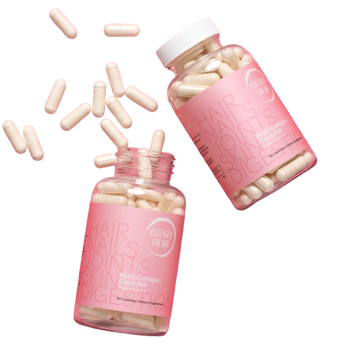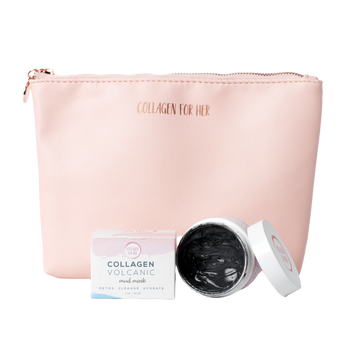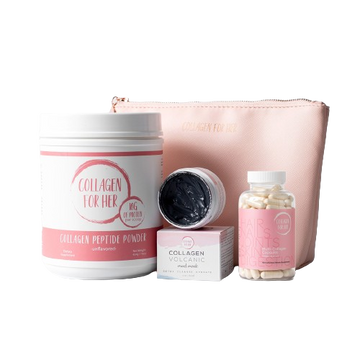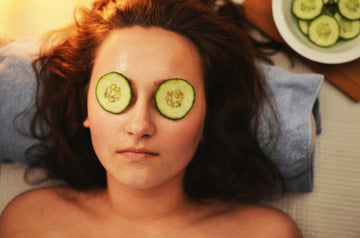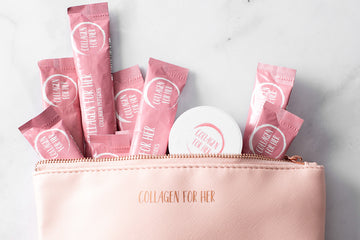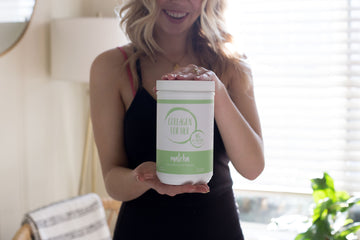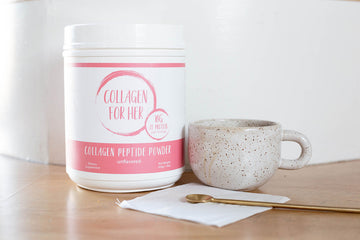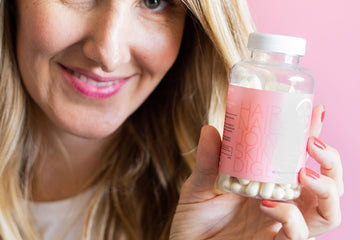We all have heard the phrase “beauty starts from within” and the same goes for healthy skin. We can apply every type of skincare product under the sun to our faces but at the end of the day, what we put in our bodies will always have the biggest impact on skin. Here are four of the best and worst foods for healthy skin.
The Best Foods for Skin
-
Foods Rich in Vitamin C
A recent study found that foods rich in Vitamin C and E can help protect the skin against UV damage, reduce inflammation, and increase collagen production. Collagen is important for maintaining the structure of the skin but as we know, the older we get the less collagen our bodies make on their own. If you’re looking to add more Vitamin C to your diet, reach for more leafy greens such as spinach, citrus fruits like oranges and grapefruits, or add a scoop of our Marine Collagen Beauty Blend to your diet daily for 100% daily value of Vitamin C. -
Fish
Fish that are rich in omega-3 fatty acids such as salmon, mackerel, tuna and herring can provide some serious skin benefits! Omega-3 fatty acids have been shown to reduce inflammation that can cause redness and acne, make your skin less sensitive to the sun’s harmful UV rays, and promote skin hydration. A recent study even found that these essential fatty acids could play a key role in prevention of non-melanoma skin cancer. -
Green Tea
Green tea is known for being rich in antioxidants and lucky for us, those antioxidants can also help the health of our skin. The antioxidants in green tea have been found to help improve skin moisturize, elasticity, and protect skin from sun damage.
Want to take things up a notch? Matcha contains 137x the amount of antioxidants of traditional brewed green tea because with matcha, you are consuming the entire tea leaf. Learn more about matcha and its benefits here or check out our Organic Matcha Collagen here. -
Dark Chocolate
Say what? That’s right! Cocoa in particular has been known to help keep the skin hydrated, reduce roughness, and make skin less sensitive to sunburn. Unfortunately, since sugar can have negative effects on skin, it is best to choose chocolate with at least 70% cocoa since these not only contain more cocoa but generally contain lower amounts of sugar than other types of chocolate.
The Worst Foods for Skin
-
Dairy
I’m sure we all know someone who has cut dairy out of their diet and says that it helped their skin immensely. Turns out there could be some truth to this! Why is that? According to Dermatologist Dr. Tsippora Shainhouse, “Most milk is sourced from pregnant dairy cows, who have high levels of circulating progesterone, insulin-like growth factor and other hormones that human bodies convert into dihydrotestosterone (DHT). These hormones can send oil glands into overdrive, which can trigger acne in susceptible people”. If you think dairy could be causing breakouts, opt for almond milk or other non-dairy alternatives for a month to see if your skin improves. -
Alcohol
While a lot of us enjoy a good happy hour, if you are noticing breakouts after nights out, it might be time to cut back on the alcohol. Alcohol is a natural diuretic, meaning it draws liquid out of the body, which can lead to dehydration. When we are dehydrated, it also takes moisture away from our skin contributing to dryness and making fine lines and wrinkles appear more prominent. Skin dehydration can also cause our skin to be more sensitive to environmental factors such as UV rays and pollution. -
Greasy Foods
You know that feeling when you eat a delicious, greasy meal but can almost immediately feel it afterwards? While greasy foods are oh-so-delicious, they also have been found to increase inflammation in the skin. While eating greasy food won’t necessarily cause you to break out on its own, be careful not to touch your face or get any grease on your face while eating because that can clog pores and cause breakouts. -
Artificial Sweeteners
While sugar has also been linked to skin problems, artificial sweeteners unfortunately won’t do your skin any favors either. According to dermatologist Dr. Hadley King, "Artificial sweeteners have been shown to be able to affect our hormones in the same way as sugar, so therefore they may also contribute to acne. Excess sugar molecules bond to collagen and elastin through a process named glycation, resulting in AGEs, or advanced glycation end products. This process ultimately causes the collagen and elastin fibers to lose their strength and flexibility, contributing to the aging of the skin. These cross-linked proteins known as AGEs have been shown to be directly related to loss of elasticity and firmness in the skin."
Okay, we know we said eight foods but we have to round this blog out with an honorable mention: collagen! It’s no secret our diet affects our skin, so let’s not forget that supplements can be included as a part of a diet to help skin due to its unique amino acid profile. If you want to learn more about collagen and skin, head on over to read Can Collagen Really Help Improve Skin? or explore our collagen products here!
____________________________________________________________________
References
